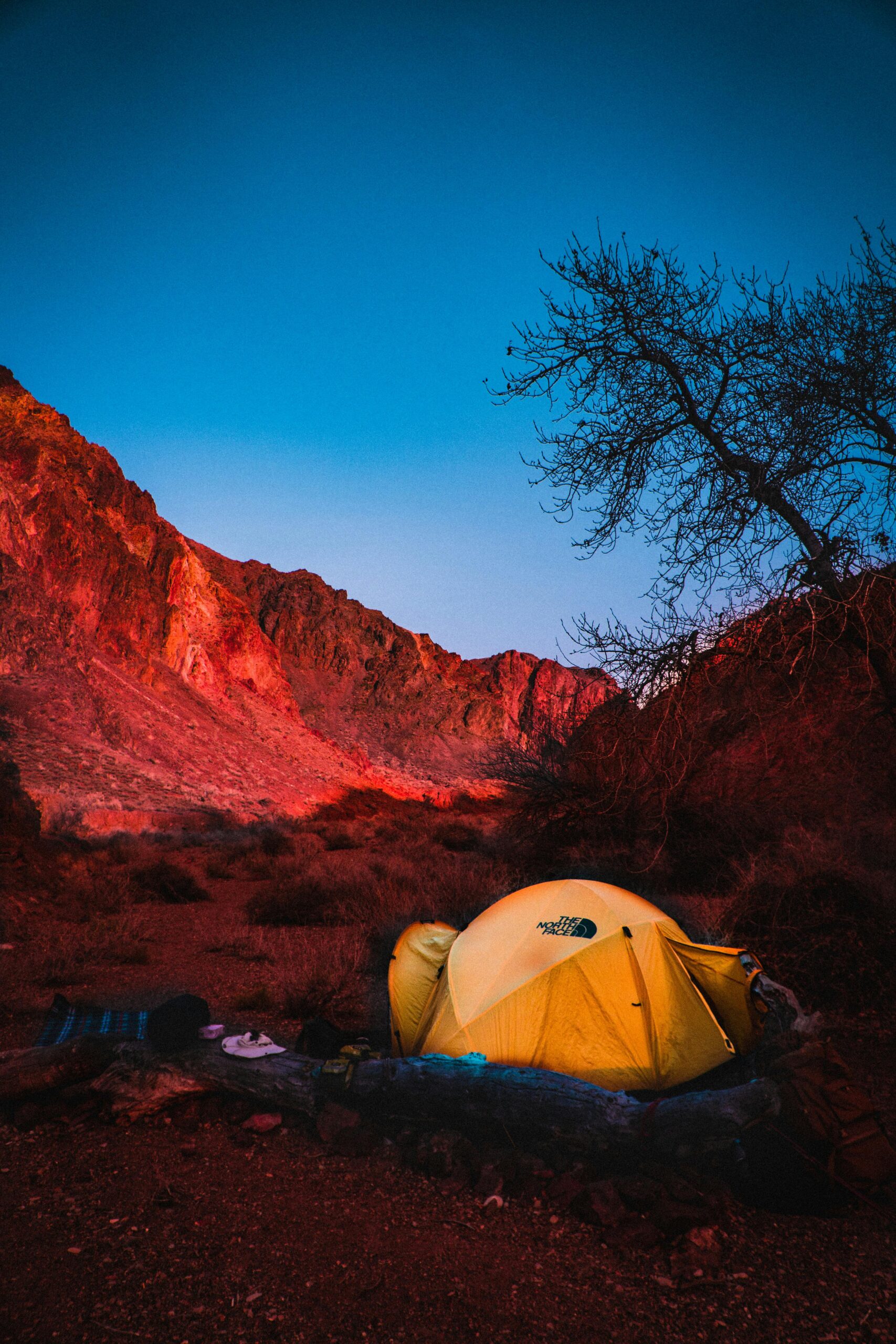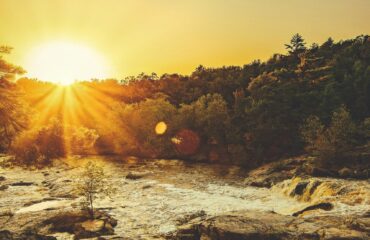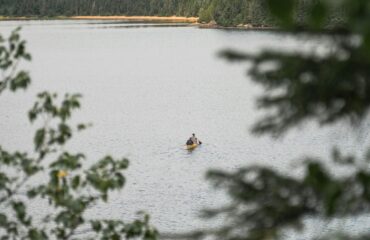Choosing the Right Campsite: A Guide to Finding the Perfect Spot
When it comes to reconnecting with nature, few experiences can match the magic of camping under the stars. Yet, the enjoyment of your sojourn in the wild largely hinges on one critical decision – the selection of your campsite. Your choice can either elevate your outdoor adventure or, if chosen poorly, lead to a night fraught with discomfort. In this comprehensive guide, we’ll explore the essential factors every camper should consider to secure the idyllic plot of land that’s most-suited for their needs.
Factors to Consider When Choosing a Campsite
Location: Accessibility, Proximity to Attractions
Selecting the perfect campsite often begins with its location. For campers in search of a serene escape, a site that’s nestled away from the buzz and hum of high-traffic areas is ideal. It’s important to evaluate the accessibility of the camp locale, as ease of access can play a significant role in the transport of your gear and your overall comfort. Consider how far you’re willing to hike from the trailhead or parking area, and whether a remote, off-grid site is feasible for you.
Proximity to attractions can also sway your decision. Are you seeking a site with breathtaking views? Or perhaps one that’s a stone’s throw away from prime fishing spots or trails? Aligning your campsite’s location with your outdoor goals can amplify the experience, so plan to book a place that complements your itinerary.
Terrain: Level Ground, Natural Features
The lay of the land isn’t just about aesthetics; it fundamentally impacts your camping experience. Choosing level ground is key for good sleep and mealtime comfort. Avoid soft soil or depressions that can collect water in the event of rain.
Natural features, such as large rocks or a stand of trees, can provide shelter and privacy. They can serve as windbreaks, which is especially important if your camp is exposed to the elements. Avoid setting up camp under dead trees or overhanging branches that could potentially fall during heavy winds.
Amenities: Water Source, Restroom Facilities
Understanding the amenities your campsite offers can make or break your outing, especially for those new to the camping game. A nearby water source is crucial, whether it’s a stream that requires purification or a designated spigot. Plan ahead to ensure you have the appropriate tools for water treatment or storage.
Similarly, determine the distance to restroom facilities. While it’s always a good idea to have a plan for off-the-grid bathroom needs, the availability of facilities may affect your choice of camp. Access to a maintained restroom can be a relief for families with young children or for those who prefer more comfort during their trip.
Safety: Avoiding Hazards, Emergency Access
The safety of your campsite should be at the forefront of your mind. Look for signs of potentially hazardous areas, like insect nests, and steer clear of camping directly under large branches or in dry creek beds that can flood.
Consider the proximity of your site to emergency services or evacuation routes. An ideal campsite should provide ample space for any necessary signaling, such as an opening clear of tall trees for a helicopter landing. In remote areas, always carry a first-aid kit, know how to reach medical assistance, and be able to identify any prevalent wildlife and plant life.
Tips for Beginner Hikers and Campers
Packing Essentials
First and foremost, pack essentials that are tailored to both your well-being and the environment. These may include a tent, sleeping bag, and pad; food and a way to cook it; proper clothing for the expected weather; a map and compass; and items for safety and first aid. While it’s important to pack efficiently, always err on the side of caution when it comes to preparedness.
Leave No Trace Principles
To preserve the beauty and sanctity of the wilderness, adhere to the Leave No Trace principles. Pack out all trash, respect wildlife by observing from a distance, and always stay on designated trails. By leaving the outdoors in the same pristine condition as you found it, you’re contributing to long-lasting and sustainable outdoor experiences for all.
Setting Up Camp Efficiently
Once you’ve found your site, efficiency is key. Set up your tent quickly to minimize exposure to the elements. Keep a clean camp to deter unwanted wildlife and insects. Store food properly by hanging it in a bear bag, or using bear canisters where required. A well-organized camp also ensures that important gear, like your first-aid kit and emergency devices, can be located in a pinch.
Enhancing the Camping Experience
Activities to Enjoy at the Campsite
Beyond the simple pleasure of being in nature, consider what activities you’d like to have at your campsite. Are you a stargazer who would benefit from an unobstructed view of the night sky? Do you enjoy birdwatching and need a perch for your binoculars? Would you like some space for a group to gather around a campfire?
Meal Planning and Cooking Tips
Plan your meals ahead to avoid over- or under-packing food. Consider meals that are easy to prepare and require minimal cooking equipment. If cooking over an open flame, make sure to check local fire regulations and use a camp stove as an alternative where necessary. Remember, a well-fed camper is a happy camper, so put thought into your camp cuisine.
Nighttime Safety Measures
Ensure your night is as peaceful as it is safe. Secure food and other scented items properly to discourage wildlife from entering your camp. Lanterns or headlamps can aid in navigating your site and finding your way to the restroom or water source. Plan your sleeping area to avoid waking up disoriented in the darkness, and arrive at your site with enough daylight to set up camp without haste.
Conclusion
In the end, the selection of your campsite is an art form that balances personal preferences, logistical needs, and respect for the environment. Each camping trip offers the opportunity to learn and refine these skills, leading to more rewarding and seamless experiences in the great outdoors. Remember, a little planning goes a long way, and the memories you create will be worth the effort.
For more outdoor adventure tips and resources, head to MyOutdoorAdv.net where we share the joy of exploring and respecting our natural world. Happy camping!




